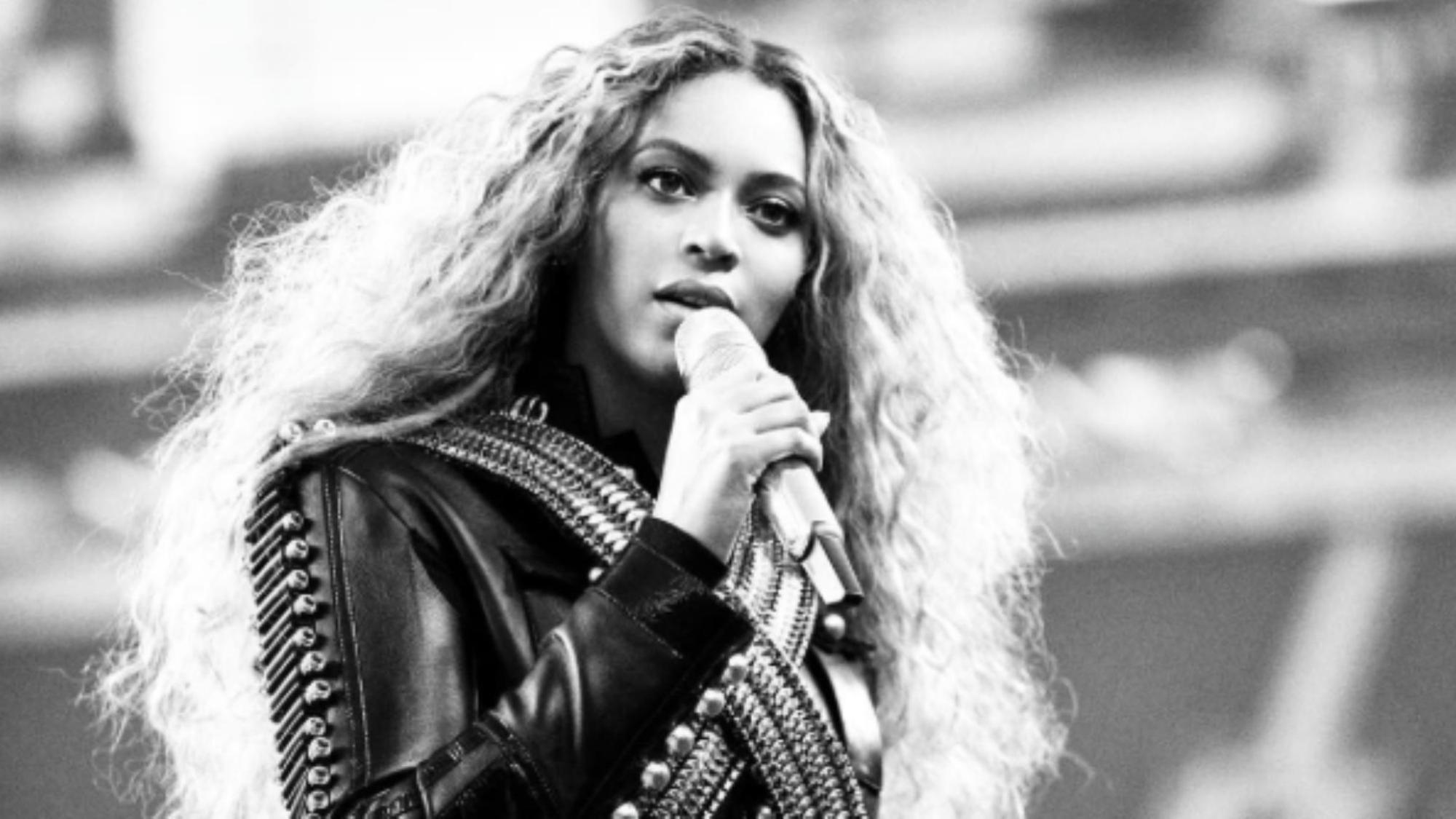In 2014, bell hooks attracted the wrath of the Beyhive for suggesting that Beyoncé was a “terrorist” during a panel discussion called Are You Still A Slave: Liberating the Black Female Body. The legendary feminist author was troubled by the artist’s then-recent Time magazine cover, on which Beyoncé posed in her underwear and a sheer T-shirt. hooks clashed with fellow feminist icon Janet Mock over whether Beyoncé truly had any agency over her outfit, and whether she was in control over her sexualized image. But hooks hasn’t made a career out of saying what people want to hear. Now she has turned her attention to Beyoncé’s Lemonade in a candid essay on her own website.
Titled “Moving Beyond Pain,” the essay starts with a positive assessment of Bey’s commercial savvy.”As a grown black woman who believes in the manifesto ‘Girl, get your money straight’ my first response to Beyoncé’s visual album, Lemonade, was WOW — this is the business of capitalist money making at its best,” she writes. She then talks about how the visual epic “positively exploits images of black female bodies” by putting them prominently at the center, and praises the diverse representations of those bodies. “Portraits of ordinary everyday black women are spotlighted, poised as though they are royalty,” she writes, noting the mothers of police brutality victims and other unvarnished images of bodies often ignored by white mainstream culture. Whether it’s Deep South antebellum fashion or Ivy Park athleisure, Lemonade is “all about the body, and the body as commodity.”
But while hooks praises the album for shifting the white patriarchal gaze, she isn’t so ready to accept that Lemonade can truly effect any lasting positive change. What she finds particularly problematic is the sexualization of violence, claiming that it lies in opposition to Lemonade‘s central message that violence hurts. “Contrary to misguided notions of gender equality, women do not and will not seize power and create self-love and self-esteem through violent acts,” she says. “Female violence is no more liberatory than male violence.”
hooks concludes with quite a harsh critique of what she calls Beyoncé’s “fantasy feminism,” taking particular aim at its focus on equal rights. “In the world of fantasy feminism, there are no class, sex, and race hierarchies that breakdown simplified categories of women and men, no call to challenge and change systems of domination, no emphasis on intersectionality. In such a simplified worldview, women gaining the freedom to be like men can be seen as powerful. But it is a false construction of power as so many men, especially black men, do not possess actual power. And indeed, it is clear that black male cruelty and violence towards black women is a direct outcome of patriarchal exploitation and oppression.” She continues, “If change is not mutual then black female emotional hurt can be voiced, but the reality of men inflicting emotional pain will still continue (can we really trust the caring images of Jay Z which conclude this narrative).”
The whole essay is obviously required reading, whether or not you agree with hooks’ argument in its entirety. Both women have contributed more than enough to the intersectional feminist conversation to make their perspectives worthy of attention.
Credits
Text Hannah Ongley
Image via Instagram
